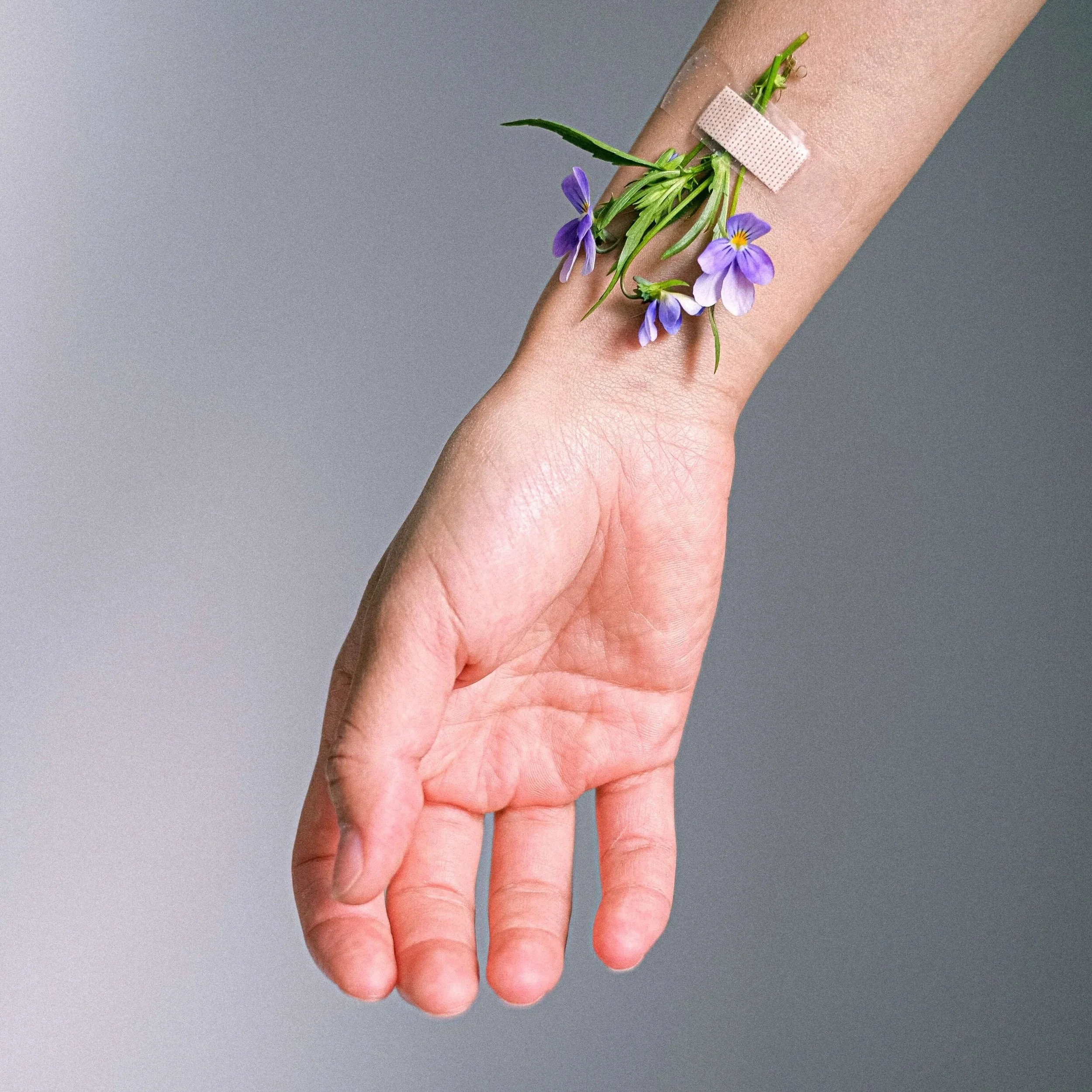Why Do Some People Recover From Trauma Quickly And Others Don't?
Have you ever wondered why some people seem to bounce back from upsetting things while others take longer? The ability to bounce back is called resilience. Resilience, the hidden strength within us, plays a big part in how we recover from tough stuff. But what exactly is it? And how can you develop more of it? Our EMDR therapists explain how.
Resilience: The Best Predictor of Trauma Healing
Resilience is the capacity to handle adversity, adapt to changes, and emerge from challenges stronger. It's an internal compass that guides you through life's twists and turns. It allows us not just to endure difficulties but to extract valuable lessons and grow stronger. Resilience involves the ability to recover, learn, and thrive amidst adversity.
Elements of Resilience
Resilience is comprised of the following elements.
Social Support
When it comes to facing trauma, having people around you matters. Friends, family, or a supportive community act as a buffer against the impact of tough experiences. Meaningful relationships create a sense of belonging, reduce isolation, and pave the way for healing. Building social bonds becomes a key resilience factor, offering strength through shared connections.
Cognitive Flexibility
Resilience hinges on the ability to adjust our thinking in tough situations. People with high cognitive flexibility can reframe negative thoughts, find meaning, and develop a more positive outlook. This adaptability serves us well during the healing journey. It can help us to navigate trauma with a sense of agency and confidence in our ability to overcome challenges.
Self-Compassion
Healing requires a gentle and understanding approach toward oneself. Resilience thrives when people embrace self-kindness and avoid harsh self-judgment. A compassionate relationship with oneself allows for better emotional regulation and acceptance of the healing process. With self-compassion, you can better work towards resilience and self-discovery.
Sense of Purpose
Cultivating a sense of purpose acts as a profound resilience factor. Discovering meaning and purpose in life is important to build resilience. This might look like setting personal goals, idenfiying values, or building connections to a greater cause. A clear sense of purpose instills hope, resilience, and motivation during challenging times. For some, this may include spirituality or religion. But spirituality is not a requirement for healing.
Professional Support To Build Resilience After Trauma
Professional support, especially through trauma-informed or EMDR therapy, stands as a major resilience factor. Therapists with sensitivity to trauma can play a big role in guiding you through the healing process. Therapy provides a structured, evidence-based space for fortifying resilience.
Holistic Therapy: A Plan for Fostering Resilience
Holistic therapy offers a comprehensive approach that extends beyond traditional therapeutic methods. Holistic therapy recognizes the intricate interplay of mind, body, and soul. Since resilience factors hinge on the whole picture of person's life, holistic therapy is an ideal approach to treating trauma. Here's why holistic therapy stands out as an great modality in building the strength to overcome trauma:
Mind-Body Connection In Healing Trauma
Holistic therapy acknowledges the profound connection between the mind and body. The bedrock of holistic therapy is the belief that emotional well-being is intricately linked to physical health. People engage in activities that promote relaxation, reduce stress, and create balance between the mental and physical. This mind-body synergy is foundational to building resilience, as a healthy body supports a resilient mind, and vice versa.
Empowerment Through Self-Exploration
Holistic therapy makes space to explore thoughts, emotions, and belief systems. By identifying inner strengths and tapping into resources, people gain a better understanding of their capacity. This self-awareness becomes a cornerstone in the resilience-building process.
Stress Reduction and Emotional Regulation
Holistic practices are tools for stress reduction and emotional regulation. These techniques equip you with tangible skills to manage the physiological and emotional stress. By learning to regulate our emotional responses, we become better equipped to overcome trauma.
Positive Mindset
Holistic therapy emphasizes the cultivation of a positive mindset. This might include affirmations, gratitude practices, and cognitive reframing. This isn't to say holistic therapy encourages toxic positivity. Definitely not. Rather, it encourages reframing that trends toward positivity without being dismissive. With a more optimistic outlook, we can reframe our narratives and build resilience. This positive mindset instills a sense of hope and belief in our ability to overcome obstacles.
Wholeness and Integration
Holistic therapy embraces the concept of wholeness and integration. It recognizes that healing is a multifaceted journey. By addressing the emotional, physical, and meaning layers of experience, holistic therapy nurtures resilience at every level. This integrative approach ensures a comprehensive healing process, creating a foundation that serves you in every area of your life.
Holistic Therapy For Trauma And EMDR Therapy In San Francisco, Los Angeles, and Throughout California & Florida
Our California and Florida trauma therapists are ready to help you with our integrative, holistic approach, including EMDR therapy for those interested. Book a free consultation today!





















